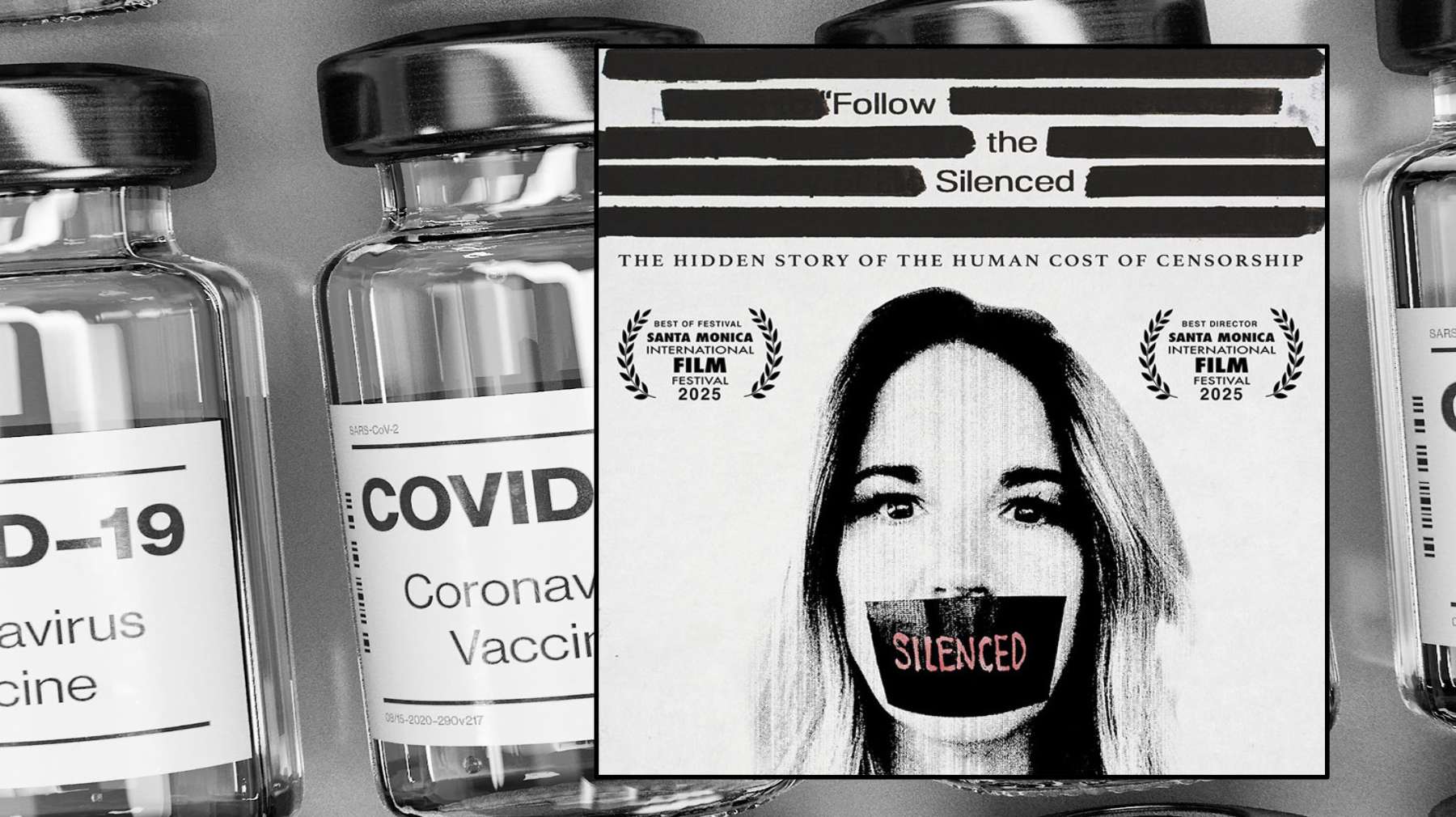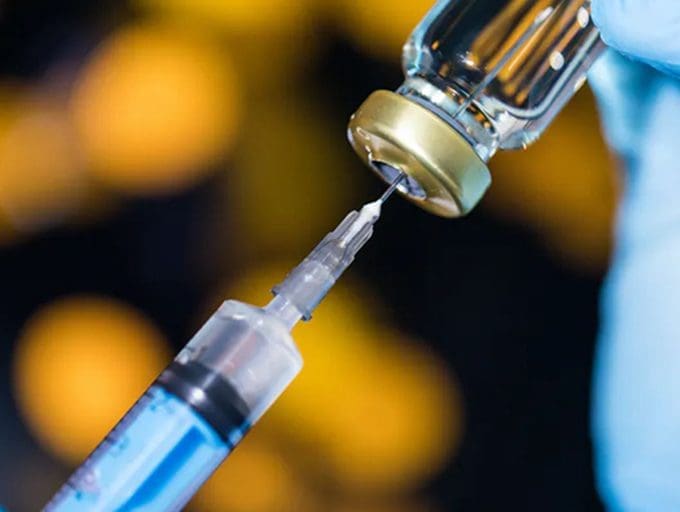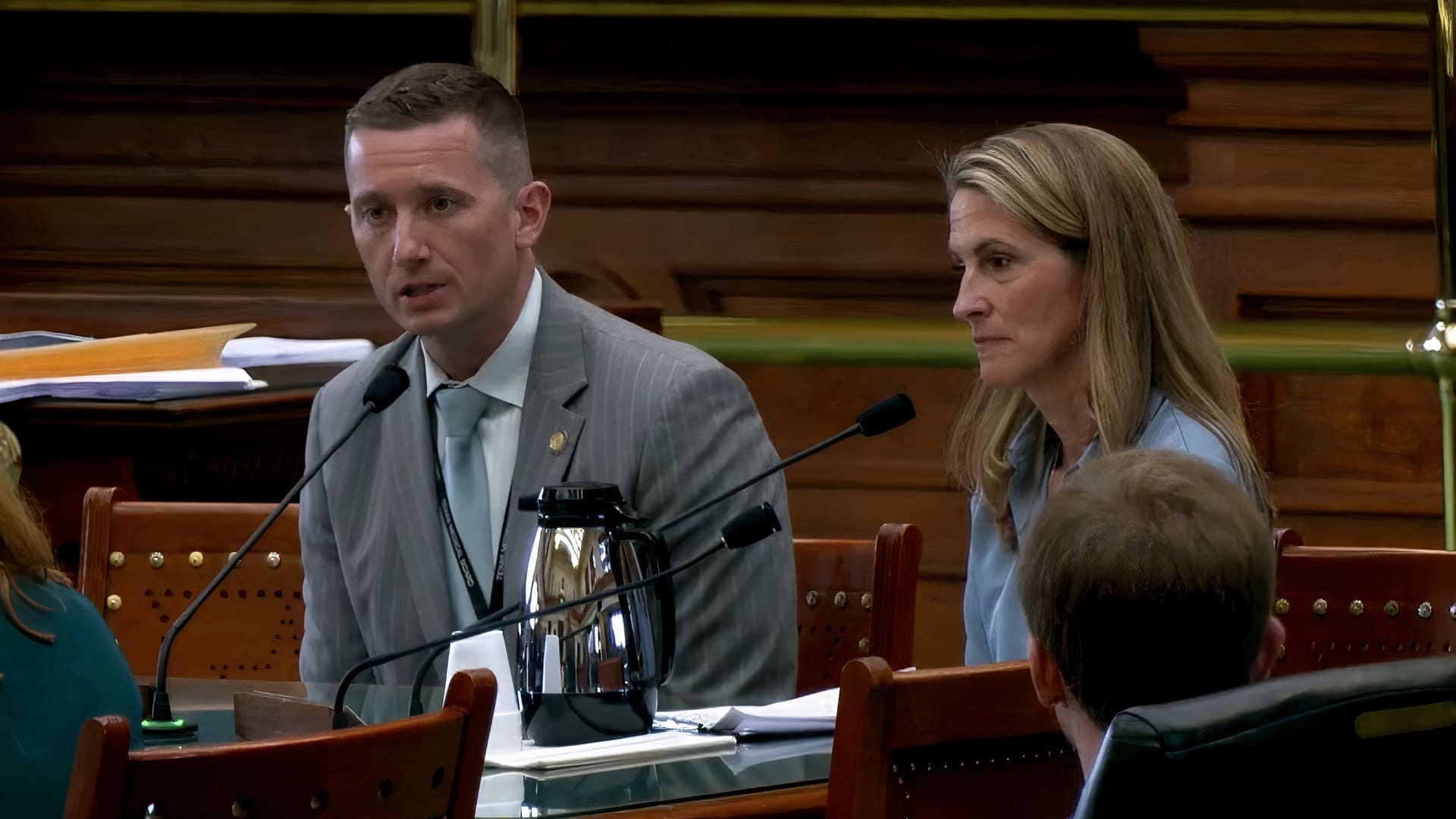On a wall in my Capitol office hangs a picture of the U.S. Capitol with the caption, Government: If You Think the Problems We Create are Bad, Just Wait Until You See Our Solutions.
No truer words could be said about the government response to the COVID-19 pandemic. When the Texas Legislature met in 2021, a priority bill was Senate Bill 6 (SB 6), relating to liability for claims arising during a pandemic or a pandemic-related disaster.
To be sure everyone was covered, the bill provided liability protection to doctors, hospitals, nursing homes, and health care providers for any treatment of, or failure to treat, patients during the pandemic. Drug and medical device manufacturers were given liability protection for any drugs, medicines, vaccines, tests, and medical devices used. Manufacturers were given liability protection for commercial cleaning supplies.
Individuals, if they followed government protocols, were granted liability protection from damages arising from exposing others to infection. And academic institutions were allowed to keep students’ money even if they failed to provide a service if the cancellation of that service was due to the pandemic.
SB 6 passed with overwhelming majorities in both the House and the Senate. A few state representatives voted “no” in the House, while I was the lone “no” vote in the Senate. I did not deny the extraordinary need for some protection, considering the extraordinary circumstances. Rather, I objected that the protections advanced, coupled with the state’s tough medical tort reform measures of the early 2000s, made any recourse for individuals unobtainable.
Even I, when I voted “no,” had no concept of just how egregious the situation the legislature was creating would become. We watched as nursing homes denied visitation and family members stood outside the windows of their loved ones’ rooms trying to communicate. We condemned our elderly to solitary confinement and deprived their loved ones of precious time at the end of their lives.
Reports of hospitals denying visitation, horror stories of coercive vaccinations, forced use of undesired drugs, and neglect continue to roll into my office. In most cases, the issues raised will not result in hospitals or doctors being held accountable because of the immunity provided in SB 6.
The reality is the only doctors being called to task for their actions are those who choose to provide preventative and early intervention treatment with safe, effective and inexpensive therapeutics like HQC, IVC, and Budesonide. They are the only ones who are being called before licensing boards for so-called breaches of the standard of care.
While not all of these complaints result in doctor punishment, the mere initiation of a Texas Medical Board investigation on one doctor has a chilling effect when that doctor must hire an attorney to defend his or her actions. It takes many hours and thousands of dollars to hire an attorney to respond to each complaint.
Texas had problems with its education system before the COVID-19 pandemic. SB 6 compounded these problems by giving immunity to any education institution that chose to modify a course, program, or activity during the pandemic emergency. While this seemed a reasonable move, it also allowed schools to close and move to unstructured online education. And, while some educators made heroic efforts to provide workable online instruction, data show a decrease in performance by students in all subject areas.
Universities chose to take advantage of the situation to move classes online, shutter dormitories, and close dining halls without having to refund fees to students. Before the pandemic, universities issued refunds if students withdrew by specific dates. Parents are rightfully outraged that they are paying for a reduced college campus experience delivered via the internet. The decline in academic achievement may eventually prove to be one of the highest costs of the pandemic.
Prior to SB 6, Texas tort reforms in 2013 made it extremely difficult to hold doctors or hospitals accountable for malpractice, no matter how egregious they may have acted. SB 6 essentially removed all individual rights and rendered the medical profession bullet proof, not only against malpractice suits but also against violations of individual’s human rights.
We must never again forget that the government is instituted for the protection of the rights of individuals, not businesses, hospitals, or drug manufacturers. These entities should be regulated fairly but not unduly, and definitely not at the expense of individual rights.
This is a commentary published with the author’s permission. If you wish to submit a commentary to Texas Scorecard, please submit your article to submission@texasscorecard.com.





